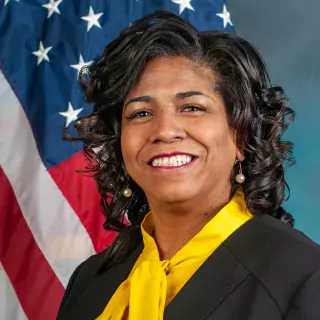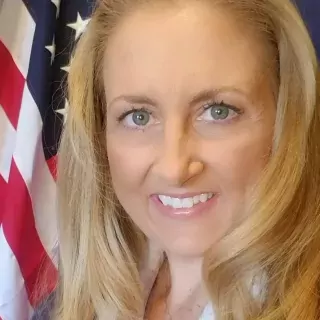| Internal Revenue Service |
The Commissioner of Internal Revenue should ensure that the Office of Equity, Diversity, and Inclusion updates its barrier analysis policies and procedures to incorporate the regular use of many information sources for trigger identification. (Recommendation 1) |
|
| Internal Revenue Service |
The Commissioner of Internal Revenue should ensure that the Office of Equity, Diversity, and Inclusion uses relevant results from our analyses of its workforce composition and of outcomes related to employee promotion, salary, and separation to inform its next annual barrier analysis effort. (Recommendation 2) |
|
| Internal Revenue Service |
The Commissioner of Internal Revenue should ensure that the Office of Equity, Diversity, and Inclusion updates its barrier analysis policies and procedures to ensure regular consultation and collaboration with stakeholders, including employee groups and equal employment opportunity program staff, throughout the barrier analysis process. (Recommendation 3) |
|
| Internal Revenue Service |
The Commissioner of Internal Revenue should ensure that the Office of Equity, Diversity, and Inclusion conducts a comprehensive assessment of and develops recommendations to address staffing issues hampering its ability to perform barrier analyses. (Recommendation 4) |
|
| Internal Revenue Service |
The Commissioner of Internal Revenue should ensure that the Office of Equity, Diversity, and Inclusion uses the results of its comprehensive staffing assessment to take actions to address staffing issues hampering IRS's barrier analyses. (Recommendation 5) |
|
| Internal Revenue Service |
The Commissioner of Internal Revenue should ensure that the Office of Equity, Diversity, and Inclusion establishes a unified DEIA strategic plan to determine goals for and guide the development and implementation of agencywide DEIA initiatives. (Recommendation 6) |
|



